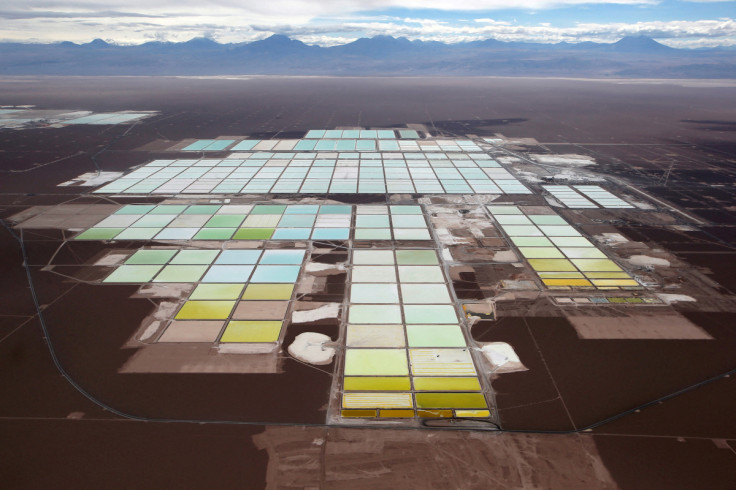Australia's Richest Woman Threatens $1 Billion Lithium Deal

Gina Rinehart, Australia's richest person, intervened in a major transaction involving an Australian lithium company for the second time this month, an Australian securities and exchange commission filing revealed Friday.
Rinehart is Executive Chairman of Hancock Prospecting, a mining company specializing in iron ore and other minerals, with over $16 billion in annual revenue as of 2021.
On Friday, Hancock acquired an 18% stake in Australian lithium miner Azure Minerals. If that stake rises to 19%, the sale of Azure to Chilean miner Sociedad Química y Minera de Chile, or SQM, will be canceled.
Azure announced Thursday that it agreed to be bought by SQM for $1 billion (A$1.56 billion). SQM is the world's second-largest lithium producer by market value and output.
SQM's transaction agreement with Azure is contingent on "no shareholder, other than SQM, acquiring greater than a 19% interest in Azure," the company said in a statement.
This marks the second time in as many weeks that a proposed acquisition of an Australian lithium miner by a foreign firm was disrupted by intervention from Rinehart and Hancock.
Earlier in October, Charlotte, N.C.-based Albemarle, the world's most valuable and productive lithium company, canceled its proposed $4.3 billion (A$6.77) acquisition of Australian lithium producer Liontown Resources after Hancock gained a 19.9% stake in the company.
SQM and Azure declined to comment to Reuters on the matter Friday; neither Albemarle or Hancock could be reached for comment by IBTimes.
Lithium Giants Face Growth Constraints

SQM and Albemarle's problems extend beyond Gina Rinehart and Australia.
The two companies together accounted for 36% of the world's lithium production in 2022, but have faced headwinds amidst recent volatility in global lithium markets. Albemarle's stock is down 36% year-to-date and SQM's is down 33%.
Lithium is the key mineral used in electric vehicle and smartphone batteries.
Hanging over Albemarle's and SQMs acquisition attempts in Australia is the fact that the two companies face the prospect of disruption in their highly productive operations in Chile's Salar de Atacama, as the details of Chilean President Gabriel Boric's proposed national lithium strategy remain unclear.
SQM's contract in Chile expires in 2030, and the company is currently negotiating with Codelco, the state copper miner, an extension on terms expected to be more favorable to the Chilean state. The totality of SQM's current lithium output comes from their Chile operations.
Albemarle's contract in Chile expires in 2043 and has not yet begun the process of renegotiating with the Chilean state, though the company has expressed its willingness to do so. Albemarle's Chilean operations account for only 29% of the company's total lithium output.
Lithium prices have subsided in 2023 after surging towards the end of 2022. This trend shows no signs of reversing; developments like a pending boom in Argentina's production and the discovery of possibly the world's largest lithium deposits in Nevada point towards a coming surplus in the global supply, driving prices further downward.
© Copyright IBTimes 2024. All rights reserved.






















